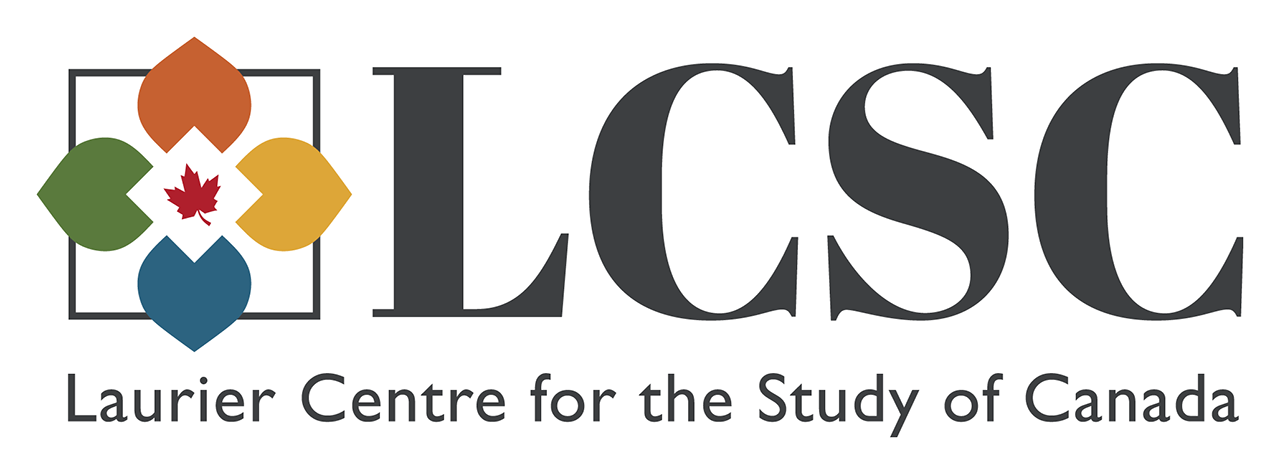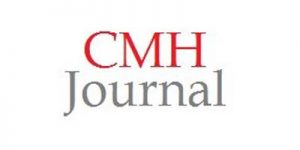by Matthew Wiseman
Have you ever wanted to get your hands on classified documents? Have you ever wanted to read highly restricted information that was not meant for publication? Historians do. They yearn for new discoveries. They yearn to analyze new information that has the potential to alter their understanding of the past.
The Laurier Military History Archive (LMH Archive) is extremely fortunate to have in its possession a personal collection of work documents that belonged to Dr. George Lindsey, who was an aerospace physicist at Canada’s Department of National Defence (DND) during the Cold War. Spanning over thirty years, the George Lindsey Fonds are comprised of defence-related documents on topics including foreign policy strategy, NATO and NORAD, maritime and Arctic security, operational research and analysis, missile deterrence, space defence, and non-proliferation, arms control and disarmament. As a bridge between science and government, Lindsey analyzed these subjects using the most up-to-date intelligence data available relative to Canada’s geostrategic position and advised the highest levels of defence planning and policy making in Ottawa between 1950 and 1987.
The volatile circumstances of the Cold War, under which Lindsey worked throughout the majority of his career, kept his efforts highly classified. As a government employee, he was unable to publish much of his work until he left the DND in the late 1980s. Significant portions remain unfiltered and unpublished, and therefore the Lindsey fonds provide a rare, unique and useful reference for researchers. The documents available are so unique that there exists only one comparable collection. Housed at the Directorate of History and Heritage (DHH) in Ottawa, Ontario, the George Lindsey and Robert Sutherland Papers are comprised of documents ranging from 1967-87 on topics related to Canada’s defence policy. Yet that collection pales by comparison to the papers held at the LMH Archive.
The LMH Archive documents date as far back as the 1950s and reach as far as 2005, and include security research from Lindsey’s post-DND work as a Senior Research Fellow at the International Institute for Strategic Studies in Toronto, Ontario. At the Institute, Lindsey used his expertise to study and publish on security topics beyond the scope of his work for the Canadian government, and travelled abroad lecturing at prestigious global security panels, from which he also collected information – unpublished and uncensored – from similar defence experts around the world.
Because Lindsey’s work influenced Canada’s defence policy during the Cold War, these documents provide researchers with a wealth of untouched primary evidence to inform historical and contemporary security studies and frame new fields of inquiry. For those interested in studying Canada’s geostrategic position over the last sixty years, or for those seeking a more conclusive understanding of defence issues on all aspects related to global security during the era, there are few collections as enlightening as the George Lindsey Fonds presently housed at the LMH Archive. With help of graduate and undergraduate students, we plan to systematically digitize the collection and make it available electronically. The organization and cataloging of the Lindsey papers is a labour intensive task and we are always looking for those interested in supporting, with time and resources, to the digitization of the fonds.


